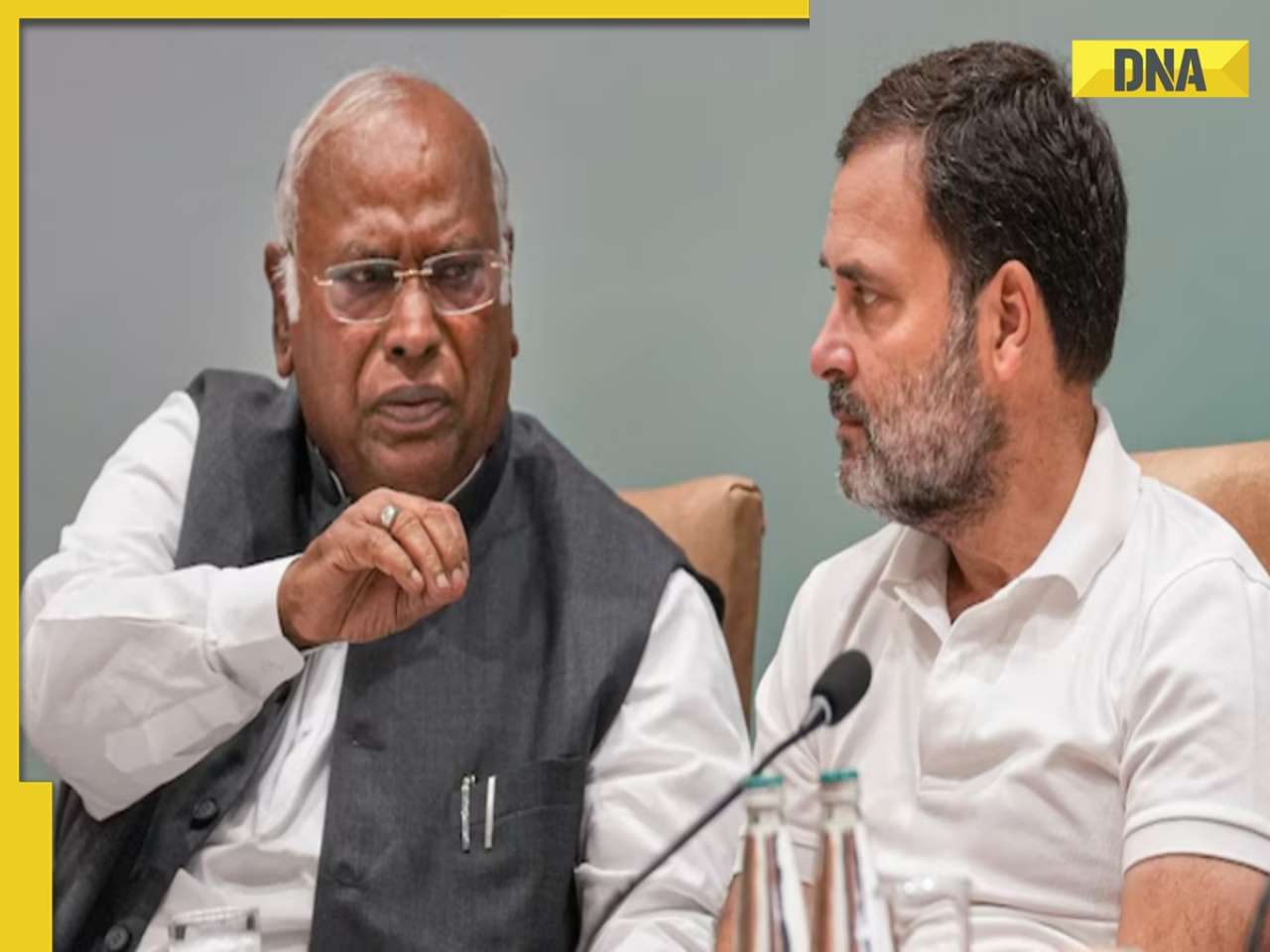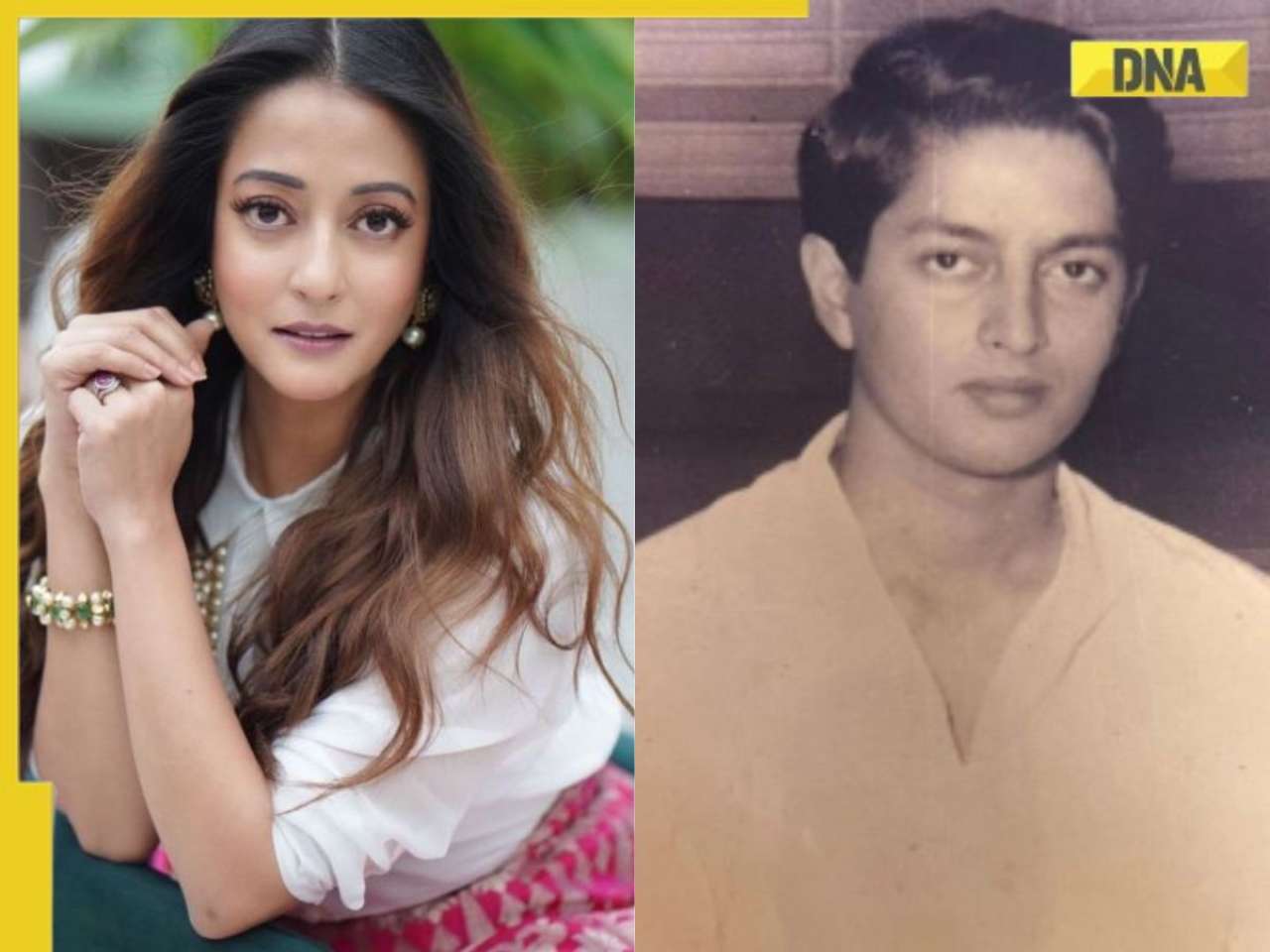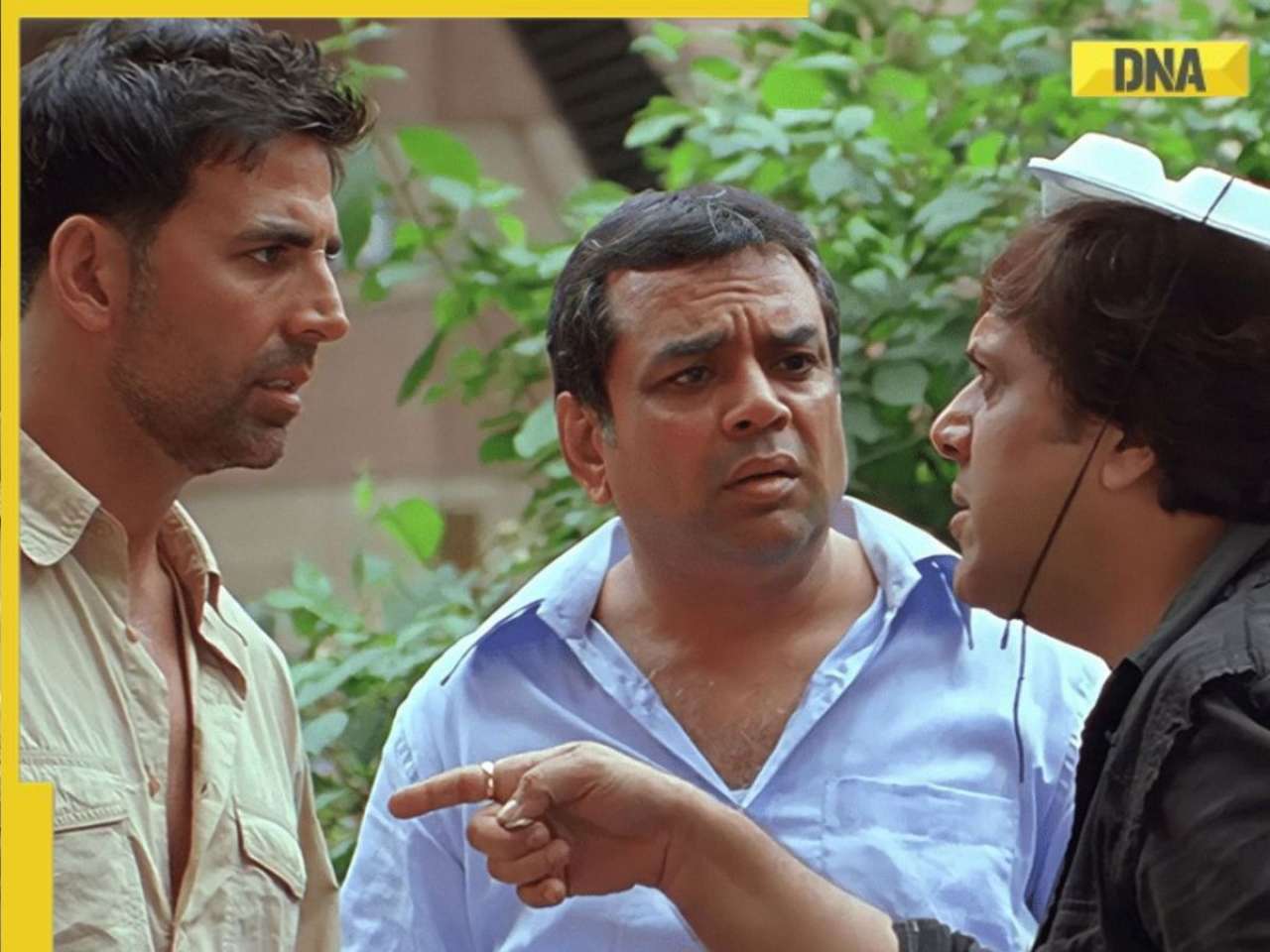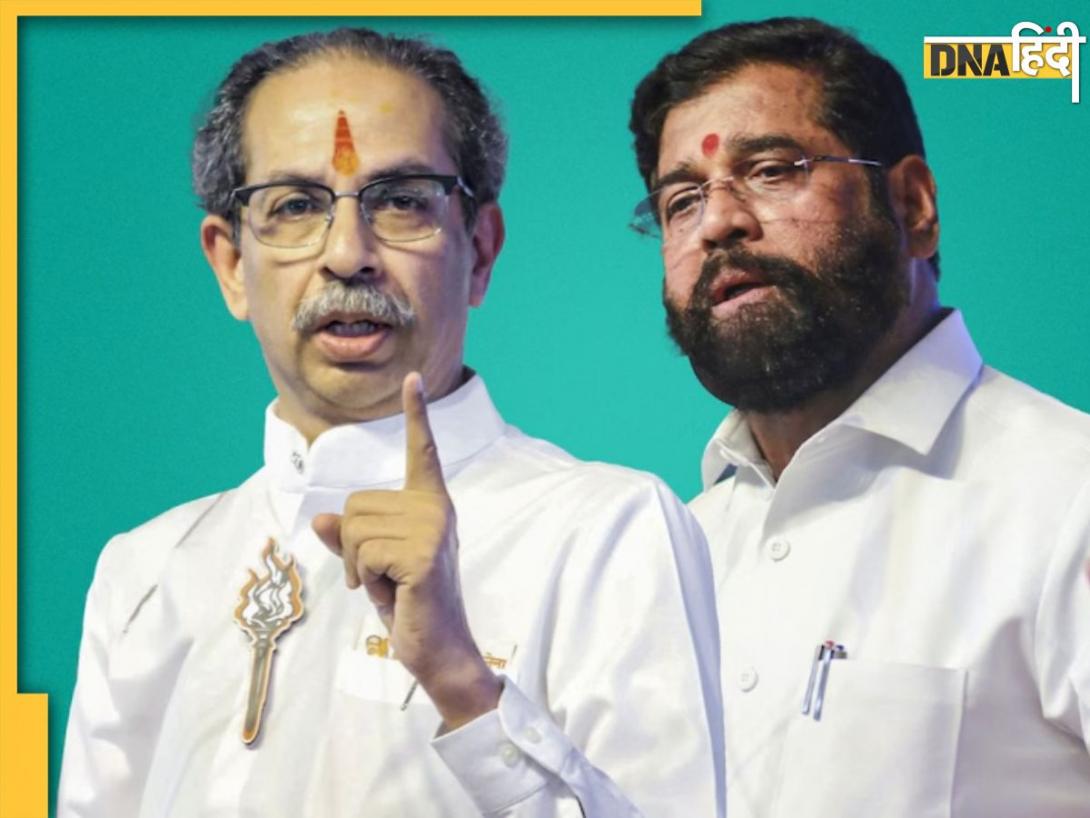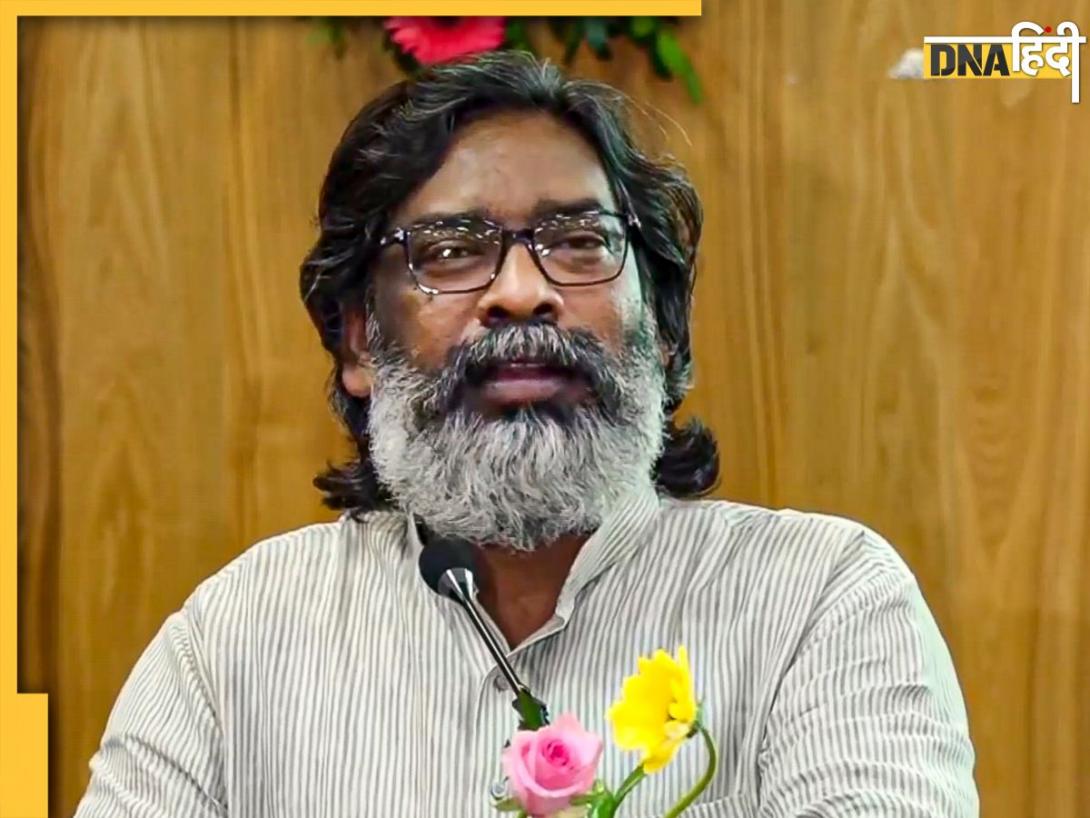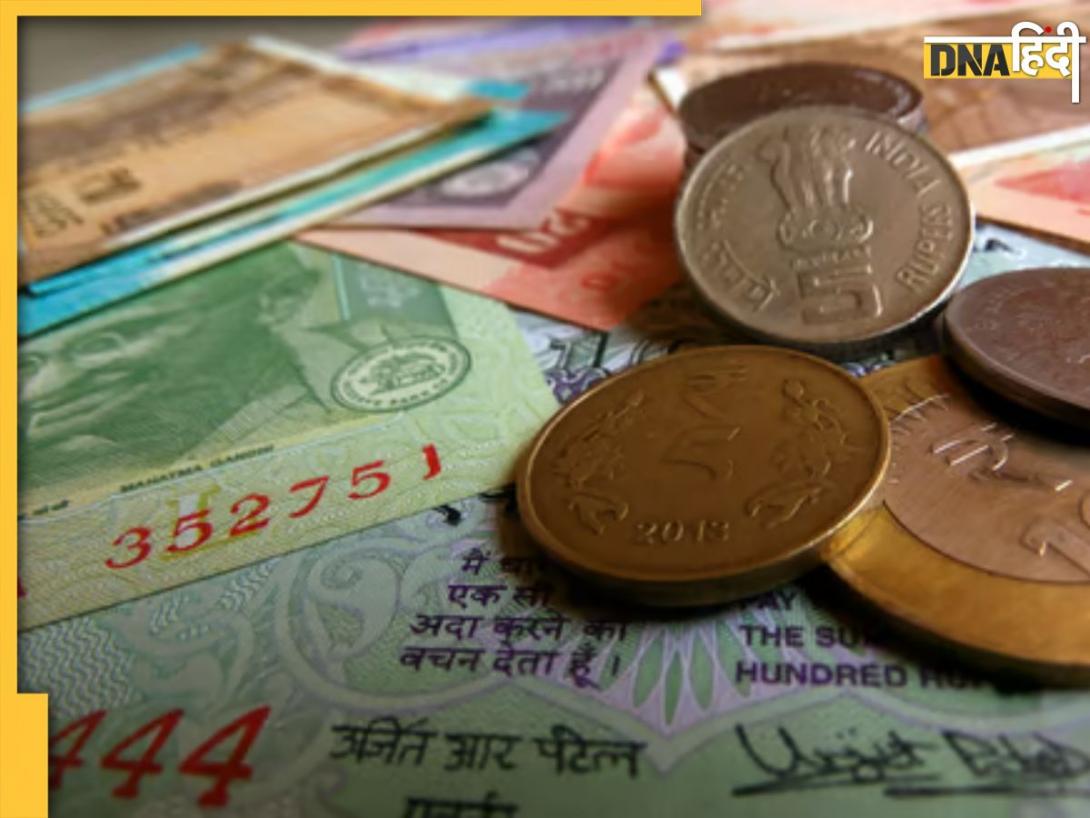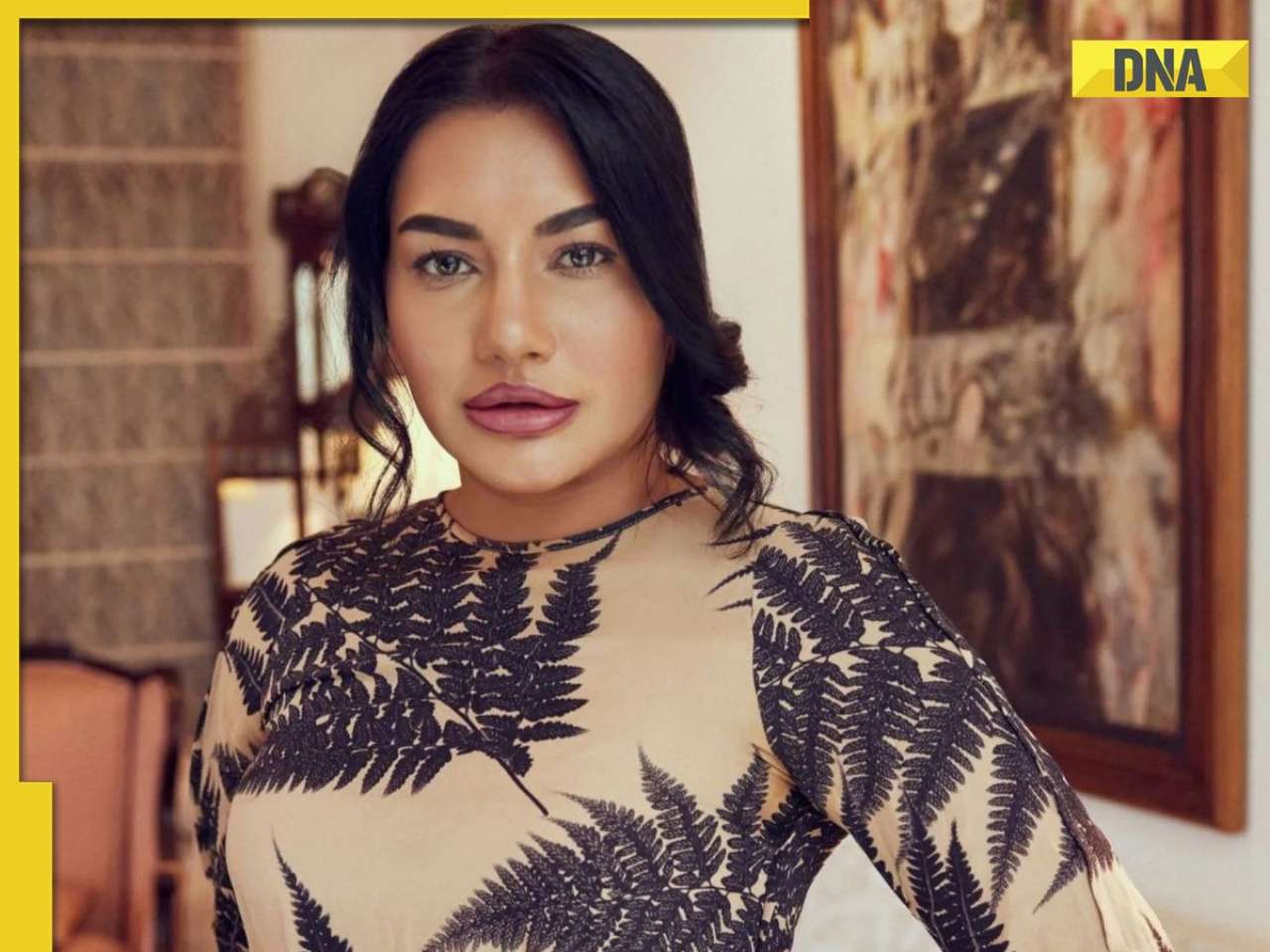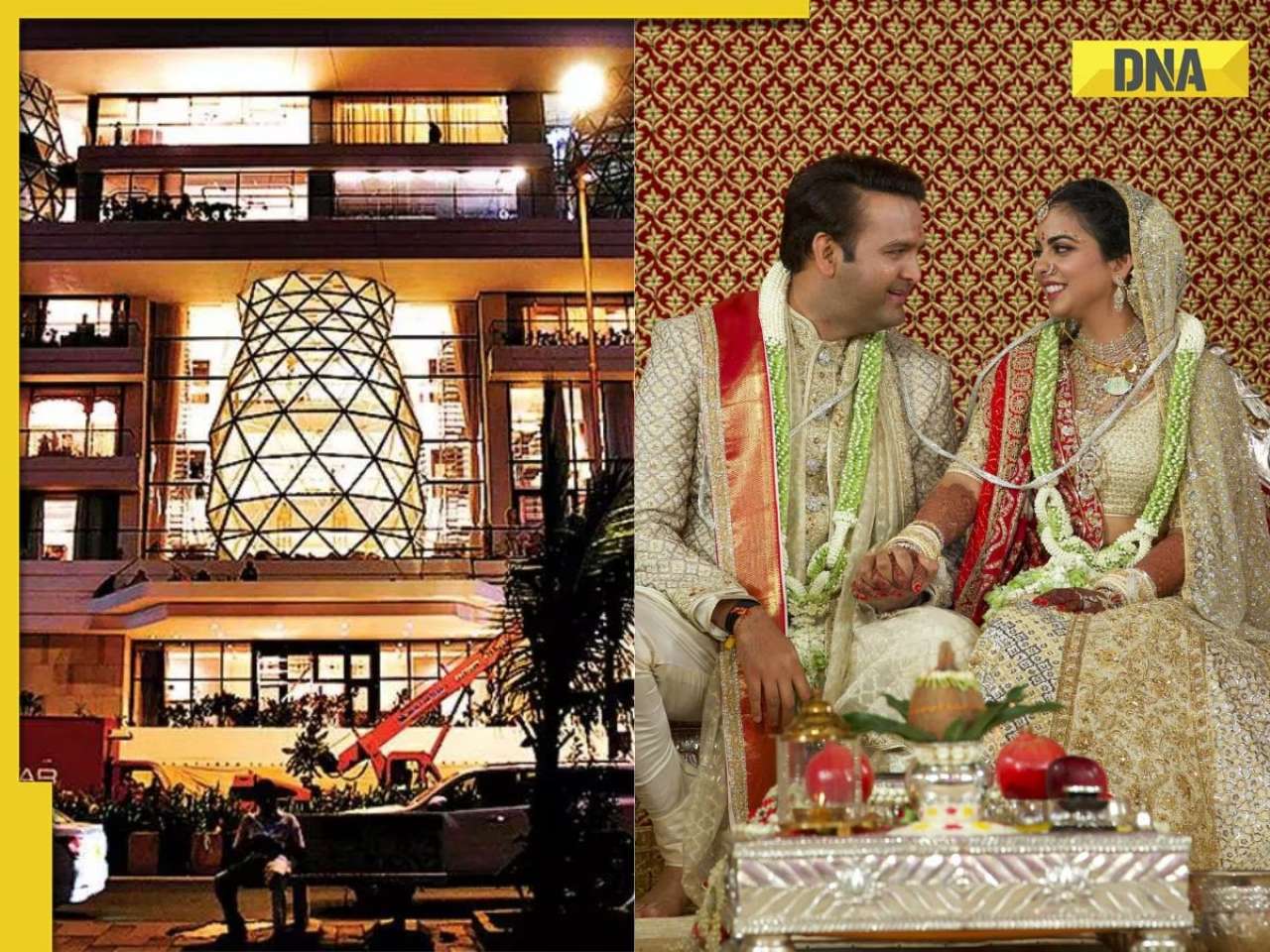- LATEST
- WEBSTORY
- TRENDING
MUMBAI
Anonymously alcoholic; on the closet, women alcoholics
Lack of support groups and fear of abandonment plague women with this addiction.
TRENDING NOW
She locked herself inside the bathroom at six in the morning, sneaking in a quarter of vodka. She took a few swigs before turning the shower on to wash off traces of alcohol. Her clandestine involvement with alcohol was a daily event for seven days a week, four weeks a month and 12 months a year for eight years - this used to be Sammy Fernandez’ life.
A 36-year-old mother of two, Sammy was an alcoholic and like every alcoholic, she too had several reasons for her addiction — a troubled childhood and an alcoholic husband. “We used to have a lot of parties at my place and that’s how I got introduced to drinking. Soon I began abusing alcohol,” says Sammy.
Dr Anita Gadhia-Smith, a Washington-based psychotherapist specialising in addiction and therapy, has an answer for this. “Alcoholism depends on two aspects — environmental factors and genetic predisposition. Your life experiences play an important role in the way you treat alcohol. A lot also depends on your genes,” she says.
Anita, who abused alcohol and other substances for fifteen years, came out in the open with her book From Addiction to Recovery, in 2007. She recently toured India to spread awareness about alcoholism and spoke to support groups and other organisations working towards rehabilitation of alcoholics.
The first step towards cure is seeking help, she says, “The American Medical Association declares alcoholism as a disease. And it’s common sense that a disease needs treatment. Same goes for alcoholism. You need to seek help.”
She was astounded by the role gender played, in seeking help in India. “In all the support group meetings I attended here, I only met one woman. That’s appalling. It is hard to believe that there is only one woman suffering from alcohol addiction in a city as large as Mumbai,” she says.
Abha Patel bears testimony to Anita’s observations. “I used to gulp down a bottle or more of alcohol. I would drink, sleep, wake up, drink and sleep again. I just didn’t want to make sense of my surroundings. I knew the enormity of my problems only when I got admitted to a hospital with an acute pancreatic attack. Even at the hospital, I was ashamed to say that I was abusing alcohol. It’s different, when you’re a woman,” says Abha. She adds, “When I first attended a session at a support group, I found that I was the only woman. We had to share intimate details, but it was hard for me to talk in front of a bunch of men. I knew nobody would relate to it. I even feared being judged by them.”
According to Dr Anita, the problem lies in the cultural dynamics. “It is very difficult for a woman to accept that she has a problem here in India,” she says.
India, till recently, had only one Pune-based women-oriented support group for alcoholics called Kripa. With organisations like Muktangan and other NGOs opening up more centres in the city and across India, the problem seems to have been identified. Further, Dr Anita says that it will take at least another 10 years to see a positive rise in the number of women seeking help from alcohol addiction. “Let’s start educating people from the grass-roots level. We should spread awareness about the issue through schools, spiritual centres and the media. The key is to get the word out. Education is the first step towards solving a problem,” she concludes.
Some names have been changed on request
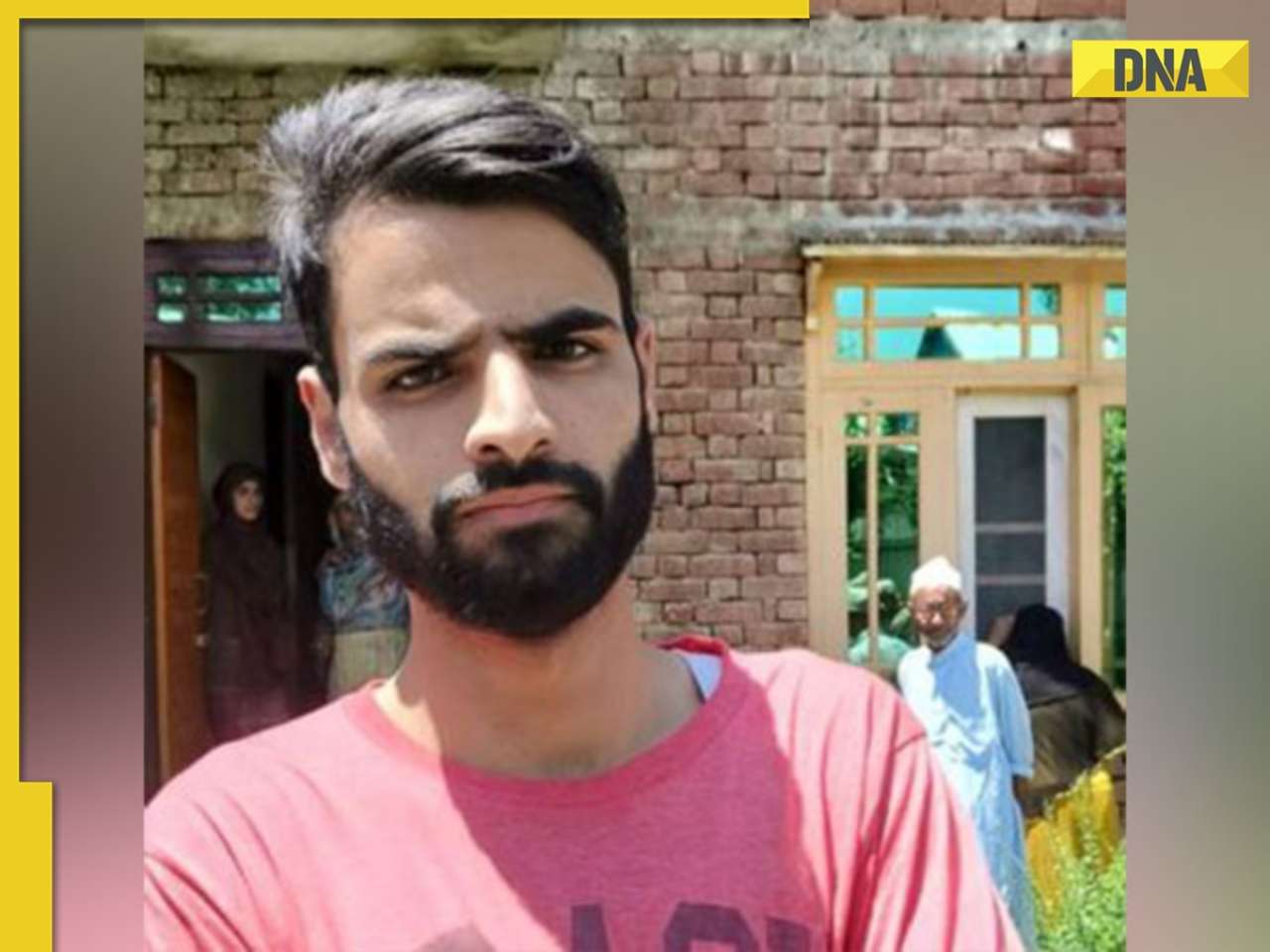

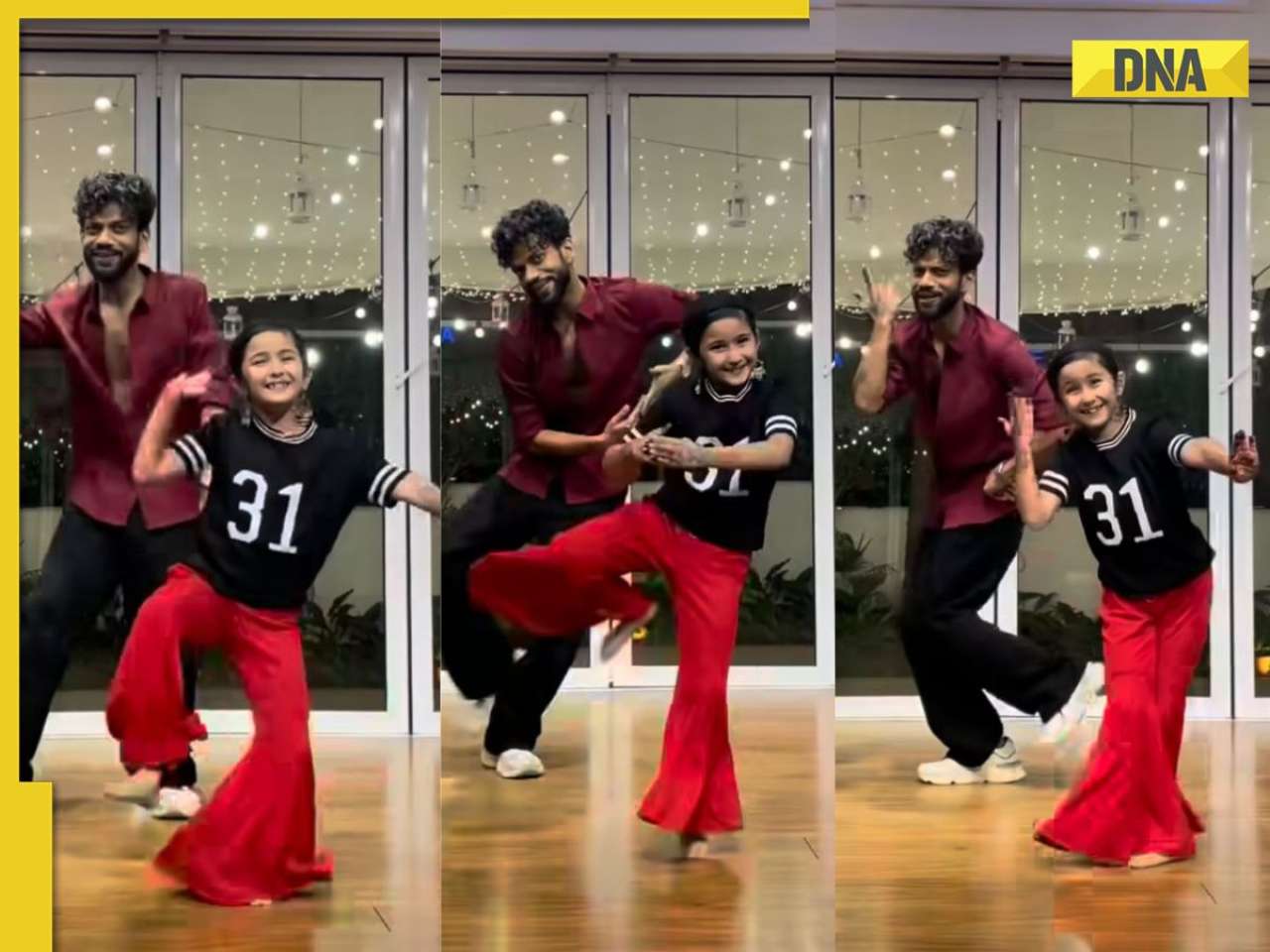





)
)
)
)
)
)
)
)
)
)
)
)
)
)
)






